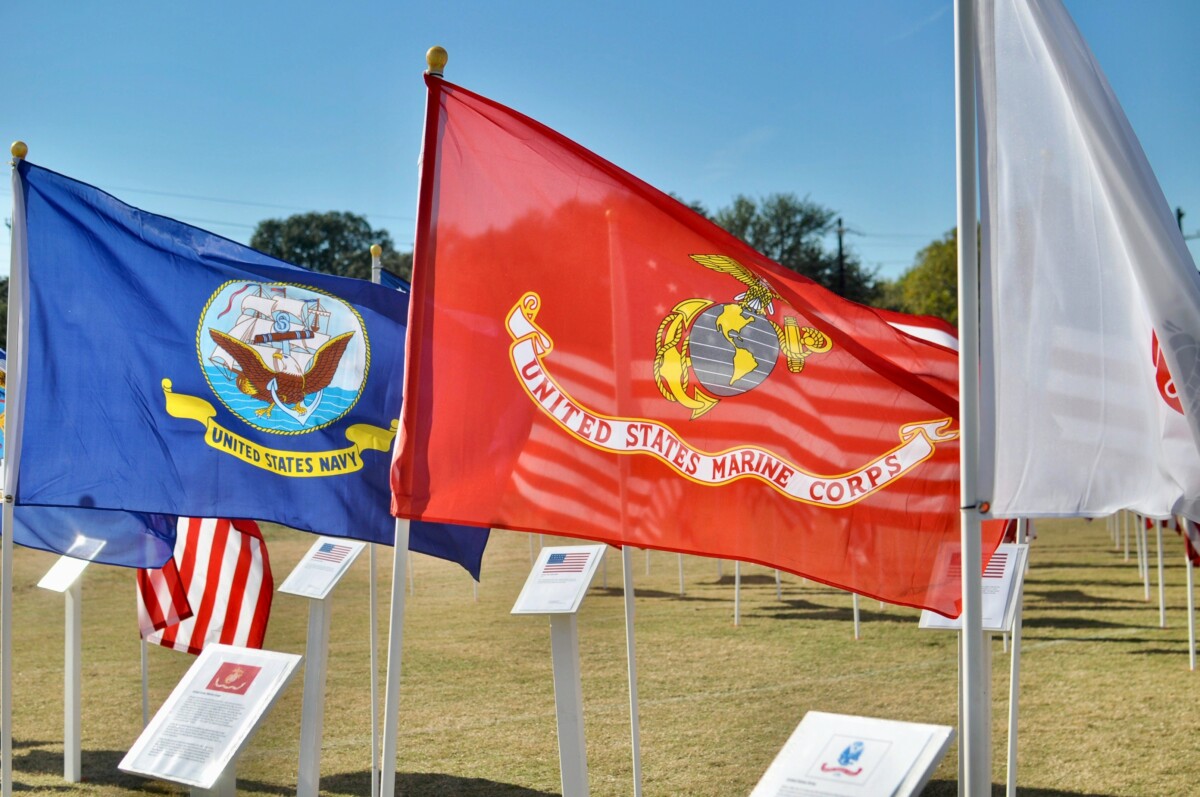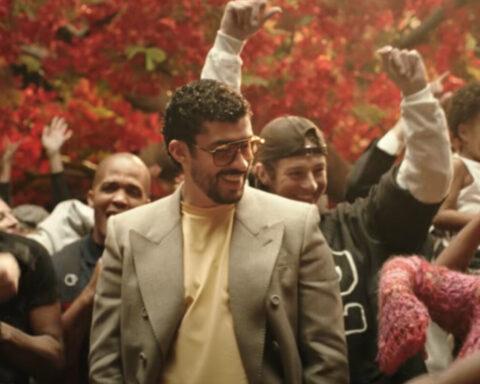Larry Sutton said his two decades of service across the globe in the U.S. Marine Corps was a great experience despite the stressful ups and downs.
“I enjoyed every bit of it, mainly instructor duty, camaraderie, experiences and life benefits after the military,” he said. “It was a sacrifice to make for the family.”
Sutton, now 60, enlisted in the Marine Corps at 19 years old. From 1982 to 2002, he traveled to Camp Lejeune, North Carolina; Beirut, Lebanon; Japan; Camp Pendleton, California; Guantanamo Bay, Cuba and Desert Shield Desert Storm, where he was a drill instructor for three years before returning back to the Marine Corps headquarters in Arlington County, Virginia. Sutton retired as an E-6, which is a staff sergeant and second level of Non-Commissioned Officer (NCO) in the Marine Corps.
Although most of Sutton’s journey was pleasant, he said some moments were frightening and made him realize how expendable his life was.
“In Beirut, the first battalion barracks were blown up,” he recalled. “I was [the] supplier, and there was a target acquisition squad and night watch and things like that. They were snipers.”
After spending so much of his life with the Marine Corps, which was widely regarded as having the most rigid environment, he said, transitioning back into civilian life was challenging.
“You don’t want to question any kind of order that’s given to you, because it’s a life-and-death situation there,” he said. “So coming out, it was difficult, because you always looking for an exit, for safety, a little adjustment, as far as dealing with society and disrespect and PTSD.”
Coming from such a character-shaping service, many veterans choose to go into a position with a weapon again, to feel back in control or to be doing something familiar. Recommendations for potential jobs for veterans include law enforcement, firefighting and emergency medical technicians. Sutton said that he, however, did not want a job with a weapon.
“I wanted to use my brain,” he said. ‘I went to work at the federal government. … The values were aligned.”
Retired at age 56, Sutton believes a better system to prepare soldiers to transition to civilian life would be helpful to their mental health.
The military mindset makes it “difficult to adapt if you’re not able to channel the frustrations,” he said. “I think [people] just need time — time to get used to the serene area, the quiet and peaceful, rather than the back and forth [of the military].”
Overall, Sutton explained that his experience and transition to civilian life was peaceful.
“Because I have God in my life, it allowed me to adapt a lot better,” he said. “Understanding life from a spiritual perspective is different, and [helped] me to adapt a little better. It doesn’t remove the fact that I can’t erase my mind, but at the same time I deal with it pretty [well].”
Anastasia Efremova is a reporter for VoicesofTomorrow.news through the Howard University Multicultural Media Academy. She is a rising junior at Troy High School in Fullerton, California.











